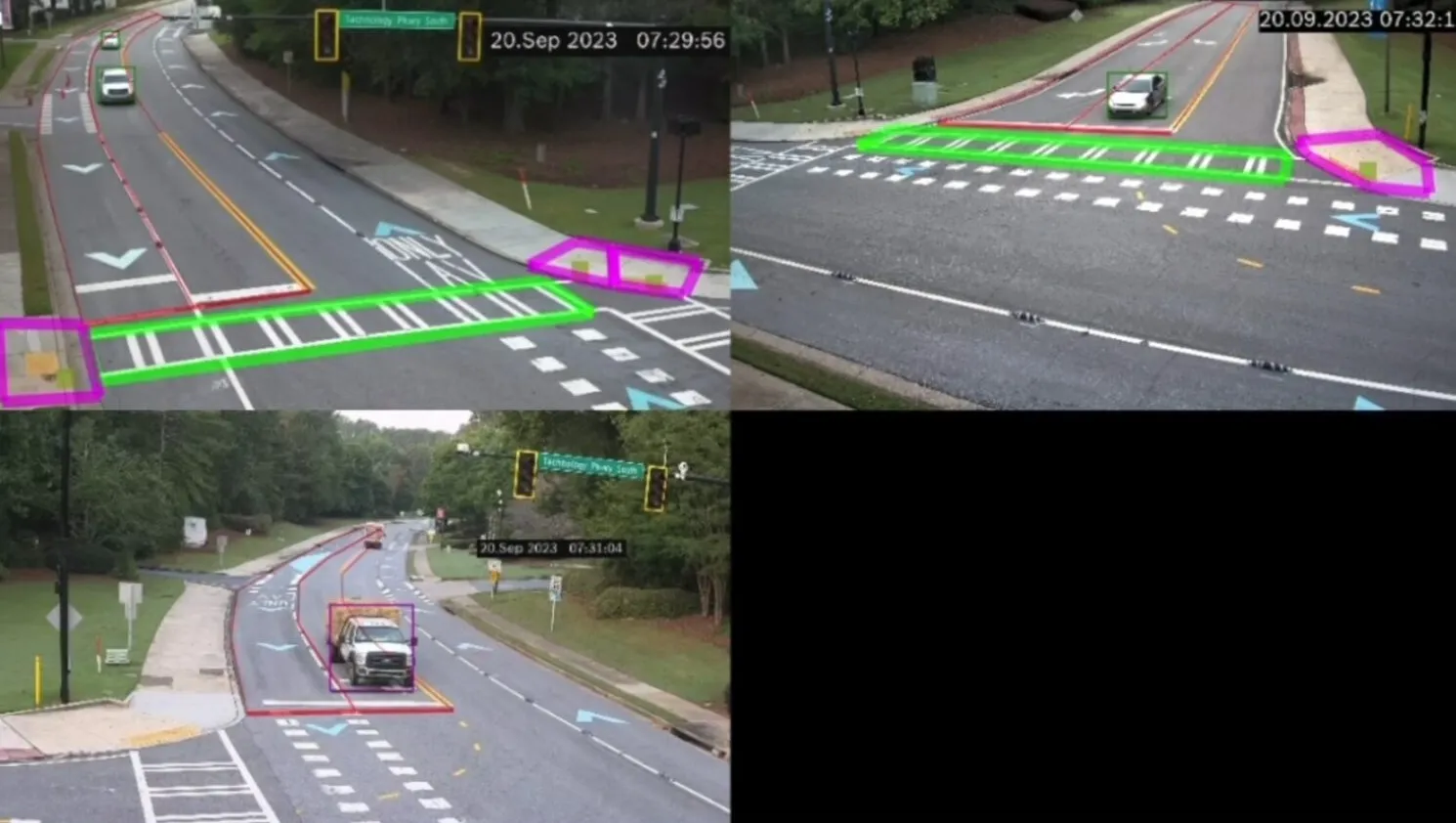Navteq has announced the launch of its Traffic service in Russia, delivering comprehensive, real-time traffic information to nearly 16.5 million people in three major cities
February 3, 2012
Read time: 1 min









